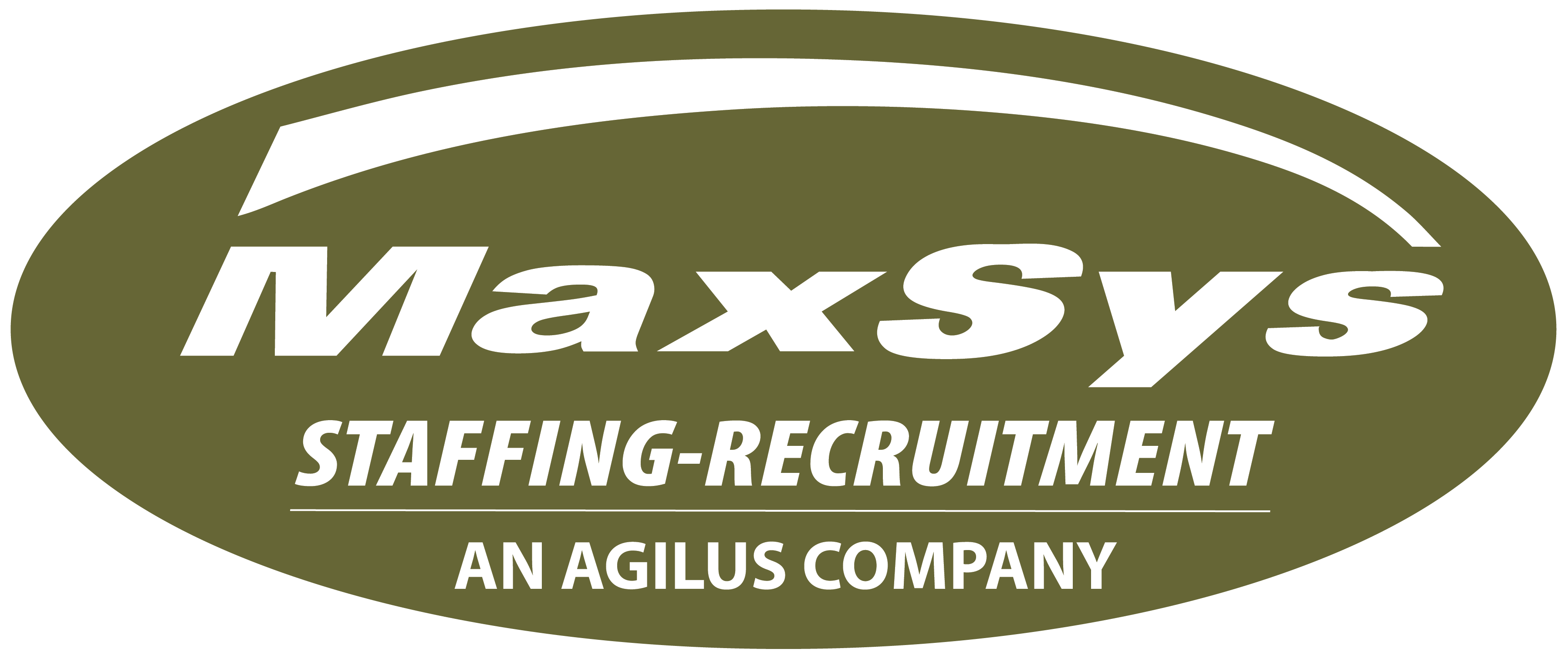January 9, 2023
SOCIAL MEDIA IN THE WORKPLACE
Facebook, Twitter, LinkedIn and other social media platforms can help employees increase their visibility in the community, reach more customers and stay up to date. At the same time, many employees are avid users of social media in their personal lives as well.
So it’s no surprise that the distinction between professional and personal use can be blurry.
Writing a clear social media policy for employees is a good way to ensure they use these sites appropriately and limit their personal use during working hours.
It’s usually best to gather input from your employees when writing your social media policy. It’s also a good idea to keep a positive tone and avoid focusing on disciplinary actions for misconduct. The policy shouldn’t be too restrictive, allowing employees to be good company advocates.
Here are some of the elements your social media policy should cover.
Separate personal and professional use
Employees should separate their personal and professional social media presence. Social media posts and “likes” can remain online forever. Employees should be mindful of the company’s reputation when posting on its behalf.
However, it’s not just the corporate account that should be watched. Employees should assume that clients and future employers will also read information on their personal accounts.
Use Disclaimers
If an employee mentions your business in the profile of their personal social media page, they should also include a disclaimer saying their opinions and comments do not necessarily reflect the point of view of your company or its management. There are three distinct uses of social media:
Official: Official use of social media on behalf of the company to communicate messages that represent the brand.
Professional: The use of social media in an employee’s professional role to build a network of contacts and increase brand visibility.
Personal: Use of social media in an employee’s private life
Some experts say personal use of social media on company time shouldn’t be prohibited, but employees should be encouraged to limit it in the same way they restrict their personal telephone calls or Internet use.
Think before you post
Posts made on behalf of the company should be consistent with the business’s marketing and public relations practices and objectives. Employees should be especially cautious about revealing confidential or proprietary information or engaging in discussions that could tarnish their reputation or that of your company.
Respect Copyright
Employees sharing links online, for example, should be sure the source of the content being shared is reputable. They should also guard against plagiarism by properly crediting the sources of the material they use.
Avoid Personal Information
Employees should limit the amount of personal information they reveal online. Ask employees to get permission from other employees, clients or business partners before publishing names or pictures online.
Consult with colleagues Employees should consult the appropriate person in the company before answering any media inquiries. Encourage discussion of social media issues among employees and the people designated to handle your social media.


